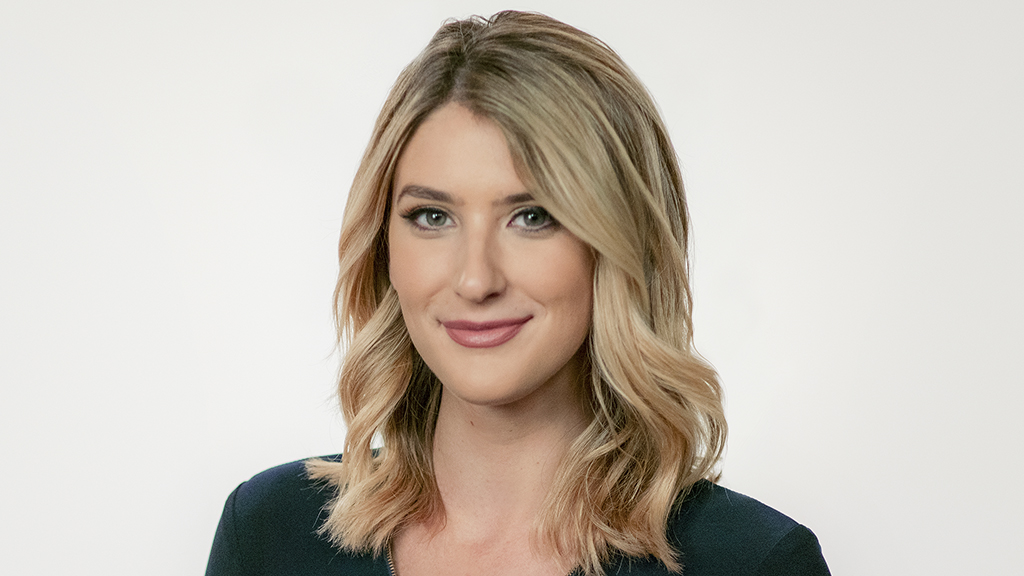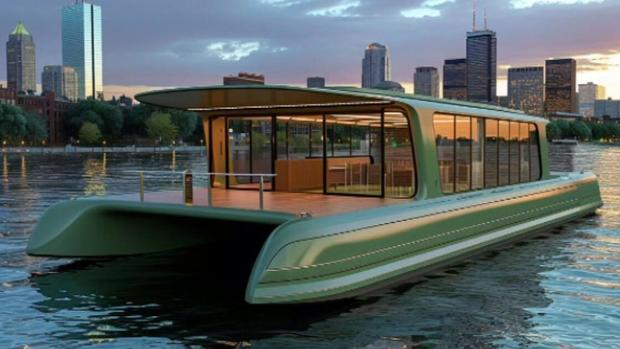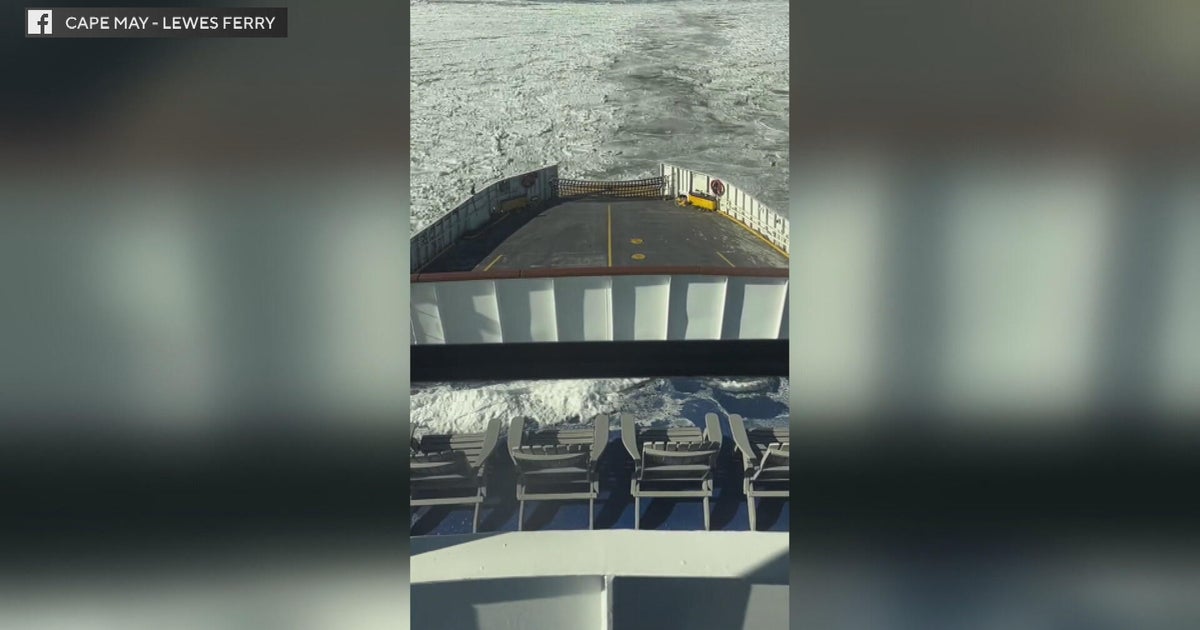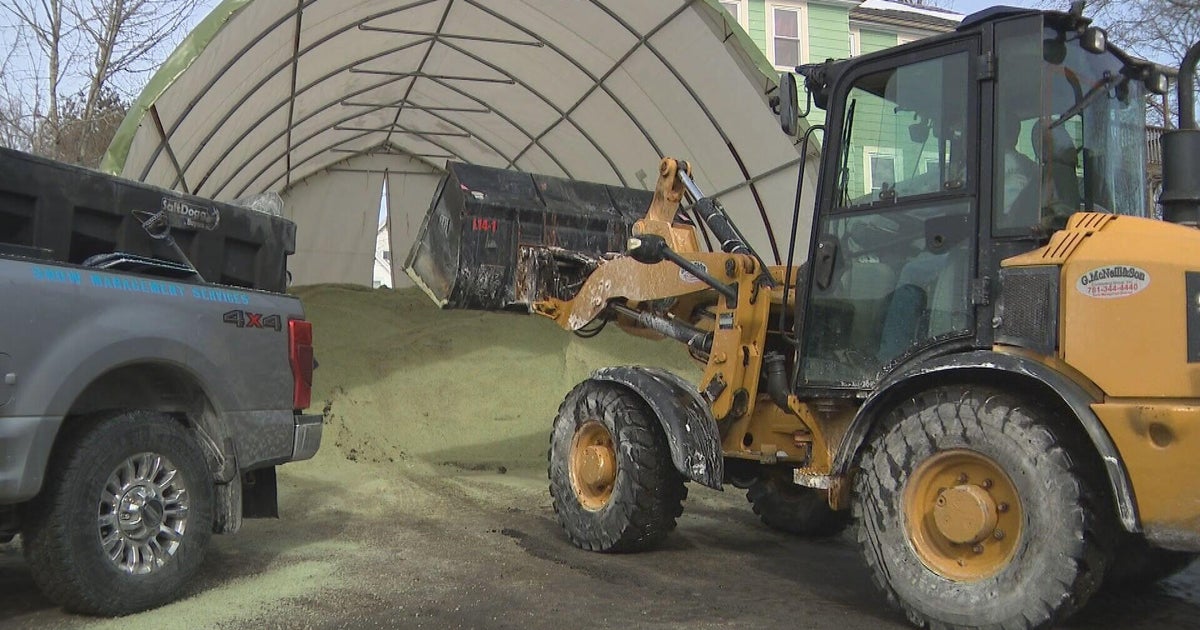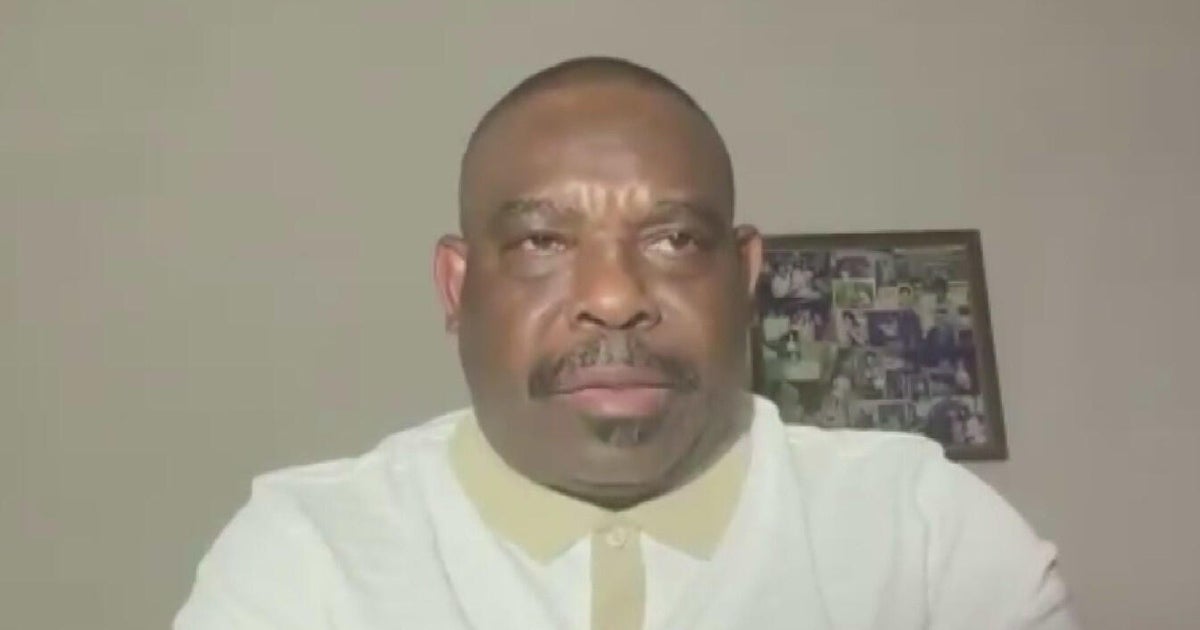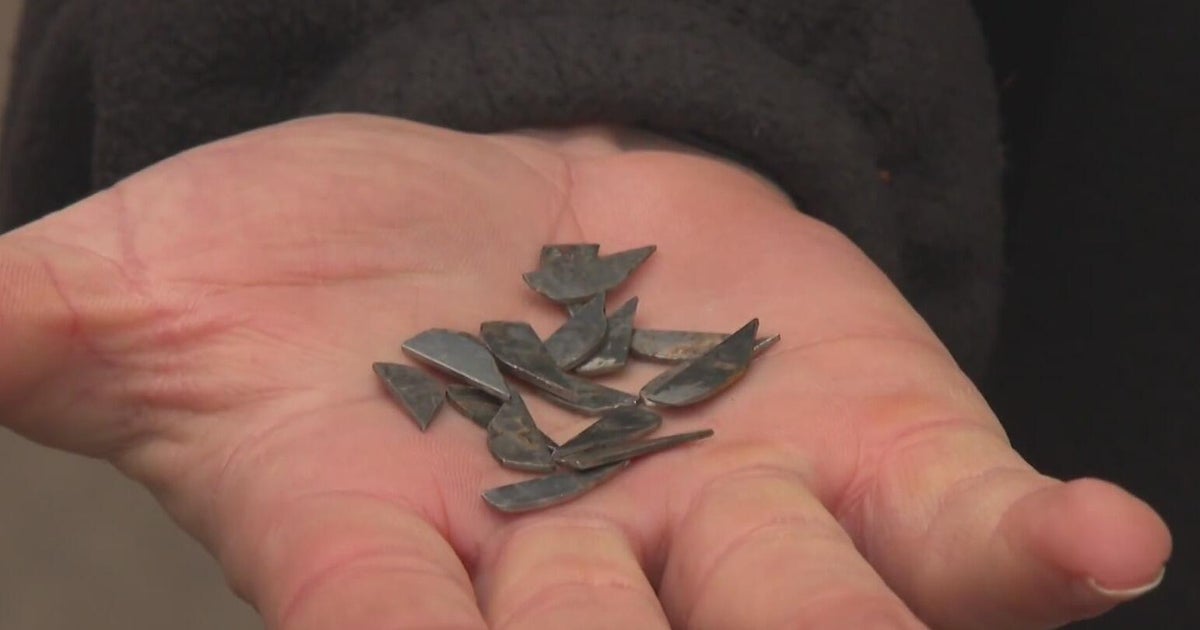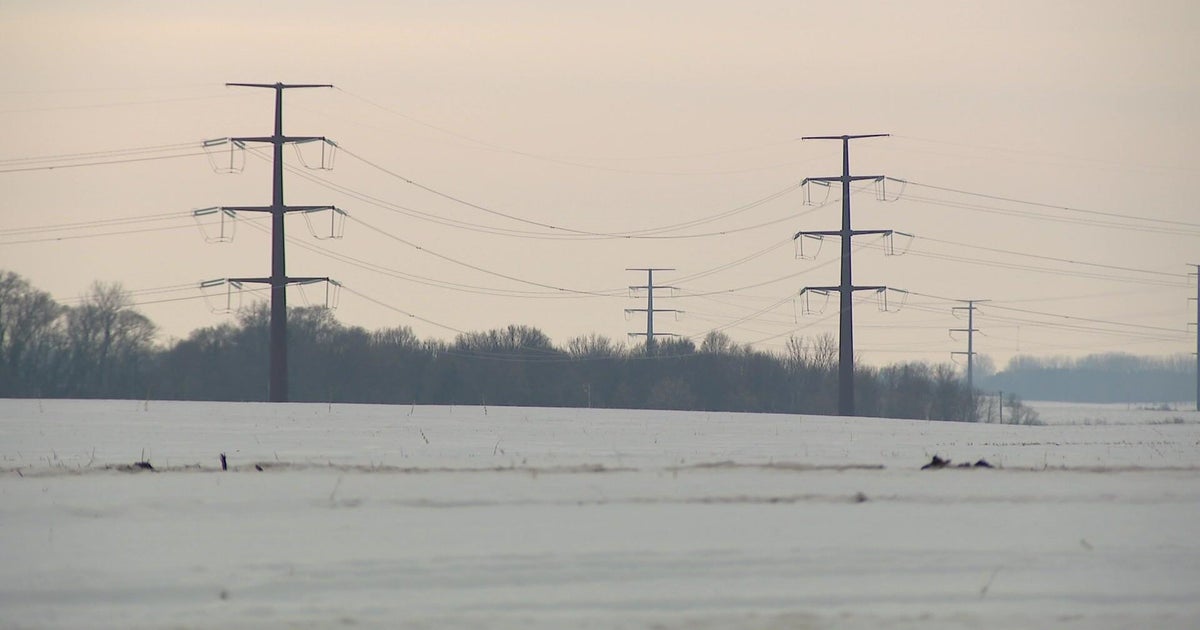What is the Wada Hoppah? The proposed Charles River ferry could ease Boston traffic.
WATERTOWN – It's no secret that Boston traffic is a major issue. Two men want to change that by launching a ferry on the Charles River from Watertown to Boston. They're calling it the Wada Hoppah.
Drew Rollert and Will Congram
"We've probably passed by 80 cars in the last couple of minutes. How many boats have you seen? None. Zero. It's just us and a couple of ducks," Drew Rollert told WBZ-TV while on boat in the Charles River.
Rollert is a Watertown resident and transportation advocate. Rollert and Will Congram, a former Community Rowing Inc. coach and Northeastern University rower, believe a solution to Boston's traffic troubles is right in front of us if we're willing to use it - the Charles River.
"Why is the river doing nothing? No heavy lifting for the city at all. It's got to have a little utility," Rollert said.
A 2023 report ranked Boston traffic the fourth worst in the country, with the average driver losing 88 hours to congestion. A new poll found 1 in 5 people are considering leaving Massachusetts, citing transportation as top reason.
"In Boston not many people wave or say hi in the street. It's the opposite on the water. Everyone waves at each other. Talk about mental health. The little things, they add up," Congram said.
"When you're in traffic, your blood pressure goes up. Traffic is bad for you. It's stressful. It causes all sorts of inflammatory issues. Being on the water actually is the counter to that," Rollert added.
The Wada Hoppah
Both men believe the river is an untapped resource for inland commuters living in cities along the river. So, for the last year, they've been working on an all-electric, 40-passenger ferry being built in Concord.
"I wanted something that sounded like it was from Boston. Water. Look at all the water. Hopper. We want to hop. We want to go places. Wada Hoppah. I think it made people chuckle. And if it makes people chuckle, then they're going to absolutely remember this," Rollert said.
Charles River ferry docks
It turns out some of the infrastructure to make Wada Hoppah a reality is already in place. Trips would begin at an existing dock off Watertown Square.
"The full route is Watertown Square to TD Garden. We wanted that to be the final stop so people could go to Celtics games, concerts, Bruins games by water. Point A to point B is about 50 minutes, it's 10.5 miles," Rollert explained.
Some docks along the river are in great condition, while others are in need of serious repair.
"DCR hasn't kept these things up to date because there's no utility. So some need a little love. I think we could do it in conjunction with each of the cities to help residents," Rollert said. "There's a dock not even an 8-minute walk from Lansdowne Street. Used for absolutely nothing."
It was actually a missed Red Sox game that inspired the idea. Rollert was on his way out the door with friends when their Uber to Fenway Park canceled and the MBTA's 57 bus was running late.
"I was walking across the bridge and I saw this beautiful unused dock. Nobody was on it. And I know Fenway is only four miles or so from here. I was wondering why there isn't a boat. And then I started looking into it," Rollert said.
First Charles River ferry
In his research, Rollert found this had sort of been done before. The Elk Ferry operated day trips on the Charles in the early 1900s. And the dock in Watertown Square is one of four built by Boston landscape architect Charles Eliot, the man who designed the Esplanade.
"He wanted people to get back and forth in Boston by boat. That's why he made them. That's why he got the state senate to approve money to build them. He wanted internal inland transportation," Rollert said.
So why hasn't it already been done?
Rollert said there's a risk of boats running aground. Parts of the Charles River are extremely shallow, as low as 17 inches.
There's also a concern around kayakers and the rowers who have used the river for decades, which is why Rollert and Congram worked with the Coast Guard to design Wada Hoppah as a shallow draft, wakeless boat able to navigate in just 16 inches of water without making any waves.
"We designed the back of our boat so that we can go by rowers, kayakers at normal speeds and it will be perfectly wakeless," Rollert said.
Charles River ferry cost
Rollert and Congram have already worked out pricing with trips from Watertown to Boston costing somewhere between $15 and $18.
"We'll remove up to 640 cars off the roads with one boat a day. That's a significant chunk of cars and their CO2 that won't be on our roads anymore because people are like 'Hey I want to be on this beautiful river going into Boston. I'd rather be staring at a goose than somebody's bumper,'" Rollert said.
There are a lot of moving parts to Rollert and Congram's plan. They're currently working on funding and having conversations with Newton, Watertown, Cambridge and the city of Boston, as well as DCR, which owns the Charles River, the Charles River Watershed, the Charles River Conservancy and the Healy Administration.
"We just need people to start thinking of things a little differently. This is not just for rowers. The river is at least a half a mile wide. There's plenty of room for pleasure boats, rowers and a shuttle to exist," Rollert said.
